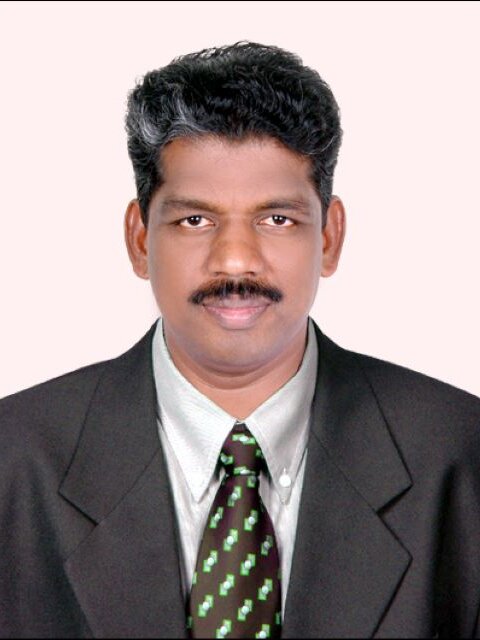
Professor
Vaseeharan
Baskaralingam
Dr. B. Vaseeharan, Professor and Head, Department of Animal Health and Management, Alagappa University, Karaikudi, Tamil Nadu, India, born in Sharakkalvilai, Kanayakumari district of TamilNadu, India, finished the schooling at the Government of Tamil Nadu, passing out with first class. I have been actively involved in research since 1992 and from there on I never looked back in my career as research achieving milestones year after year. My knowledge in the subject towards research was well appreciated by my mentors and fetched me Doctorate of Science (D.Sc.) in Zoology, “YOUNG SCIENTIST AWARD” – 2009 by Department of Science and Technology, India, Tamil Nadu Scientist Award (TANSA-2020) and many other awards. I was an active member of various scientific societies in the field of biological sciences. I have published my research findings in peer reviewed journals with total publications of 226, citations 7723 and h index of 47. Apart from India, I do continue my research activities with foreign Universities in my trust area of research. As a researcher, my aim is to offer high quality data and credible work in scientific research and it was funded by UGC, DBT, DST, CSIR, INDO-UK and INDO-TAIWAN programmes by the government of India. As a guide to young research scholars my aim is to provide them with good research management, outstanding research knowledge and creative thinking.
My research focuses on Aquatic Animal Health Biotechnology, and Aquatic Toxicology. My research team has sequenced the immune related genes of α2-macroglobulin, β-1, 3-glucan binding protein, serine proteinase, Fein-Penaeidin and penaeidin-3 from various crustaceans along the coastal waters of India. We constructed Green Fluorescent Protein (GFP) tagged Vibrio parahaemolyticus (shrimp pathogen) and reported the pathogen interactions and localization in the tissues of Fenneropenaeus indicus, that facilitate real-time monitoring of host–pathogen interactions which is the first report in India. Currently, we are working on the degradation of microplastics and assessing their toxicity in aquatic environments. Similarly, the impact of nanomaterials and pharmaceutical drugs and their adverse effects on aquatic organisms towards their metabolic capacity under-exposure conditions and environmental changes were analysed. Overall, my research work paves a way to enhance immunity, improve stress tolerance, disease resistance and to protect the aquatic environment from toxic pollutants.
Myself and my lab membershave developed dietary supplements to enhance the immunity in aquatic organisms against several pathogenic bacterial diseases in aqua farming. Various nanocomposites were formulated using extracts of medicinal plants, extracts of seaweeds and animal proteins that enhance the immunity of the organisms and improve the outcome of aqua industry. The formulated substances play a vital role in enhancing immunity, improving stress tolerance and disease resistance in aquatic animals which would help to achieve high yield in aqua farming. The functions of the crustacean immune genes reported in mywork could be used to enhance the immune system of crustaceans and prevent the spread of disease in commercially important cultured crustaceans. Thus, my contribution provides solutions to improve the economic status of aqua industry through a less toxic, low cost and eco-friendly approach. Moreover, now we are concentrating in the development of vaccines against Aeromonas infection in Indian aquaculture in the project entitled “Production of novel vaccines for the prevention of Aeromonas and Vibrio infection in finfish culture”. We have inactivated two aquaculture predominant pathogens (Aeromonas and Vibrio) in our laboratory and further done encapsulation and immersion experimentation for infected Indian major carps to protect from concern diseases. The outcome of the experiment provides positive results which motivates us to proceed further. Hence, we are in the initial stage of developing inactivated vaccines against Aeromonas and Vibrio infection.